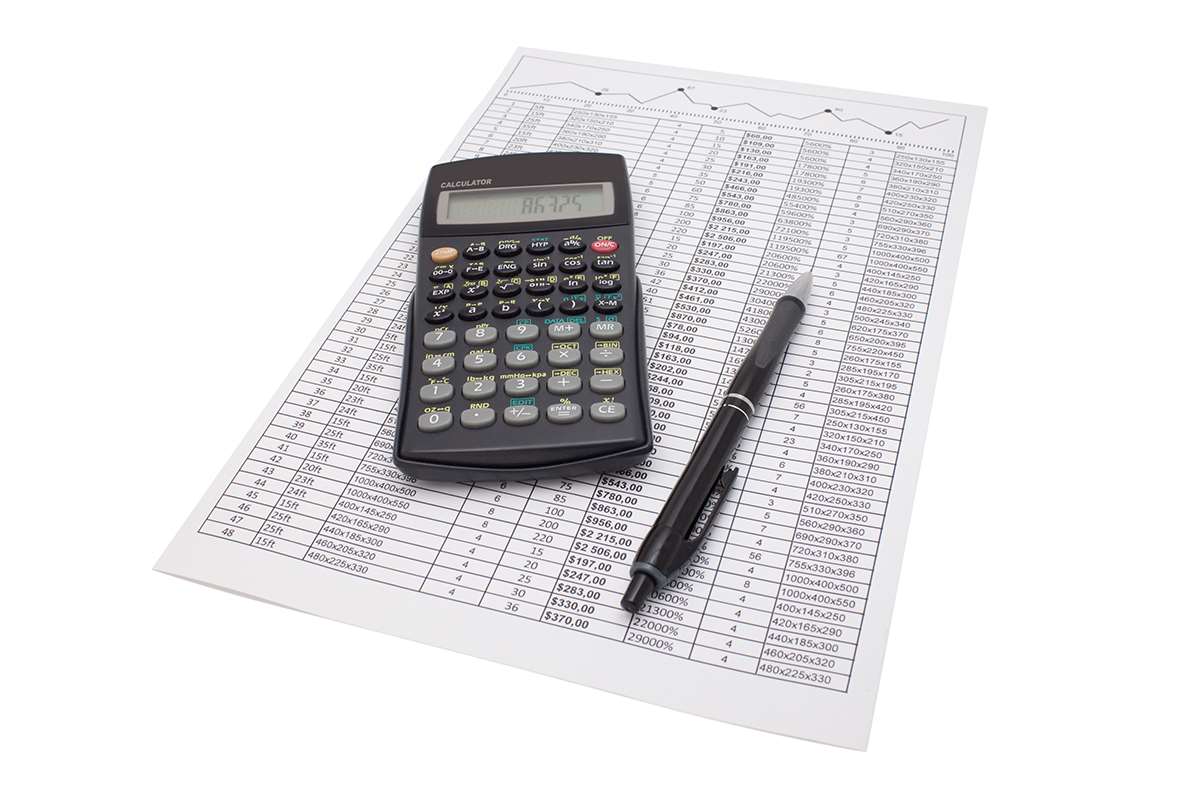Bookkeeping
GOODWILL English meaning

If there is a change in value, that amount decreases the goodwill account on the balance sheet and is recognized as a loss on the income statement. After all, when reading a company’s balance sheet, it can be very difficult to tell whether the goodwill it claims to hold is in fact justified. For example, a company might claim that its goodwill is based on the brand recognition and customer loyalty of the company it acquired. Shown https://www.bookstime.com/ on the balance sheet, goodwill is an intangible asset that is created when one company acquires another company for a price greater than its net asset value. Unlike other assets that have a discernible useful life, goodwill is not amortized or depreciated but is instead periodically tested for goodwill impairment. If the goodwill is thought to be impaired, the value of goodwill must be written off, reducing the company’s earnings.
- However, over a ten-year period, it increased considerably – in December 2006, its value was estimated at $1,403 million.
- Goodwill often emerges from acquisitions, reflecting the premium paid for the synergies and strategic advantages gained.
- Thus, goodwill for the deal would be recognized as $3.07 billion ($35.85 billion – $32.78 billion), the amount over the difference between the fair value of the assets and liabilities.
- As a result, the goodwill value is $24 million ($150m + [140m x 0.1] – $140m).
- The goodwill value of Alphabet Inc., the parent company of the American multinational technology giant Google, stood at $19,395 in September 2016, compared to $1,892 in December 2006, and $7,300 in December 2010.
Start with a free account to explore 20+ always-free courses and hundreds of finance templates and cheat sheets. Give that its components have subjective values, there is a considerable risk that a predatory company might overvalue goodwill in an acquisition. When a company is being acquired by another one for a premium value, that amount, above what it is believed to be truly worth – its book value – is known as goodwill. Goodwill is a vital component for increasing a company’s customer base and retaining existing clients.
goodwill American Dictionary
The concept of goodwill comes into play when a company looking to acquire another company is willing to pay a price premium over the fair market value of the company’s net assets. The process for calculating goodwill is fairly straightforward in principle but can be quite complex in practice. To determine goodwill with a simple formula, take the purchase price of a company and subtract the net fair market value of identifiable assets and liabilities.

Transactions involving goodwill may have a substantial amount of risk that the acquiring company could overvalue the goodwill in the acquisition and ultimately pay too much for the entity being acquired. For the stockholders of the acquiring company, this overvaluation would be very bad news, because they would probably see their share values decline when the company later needs to write down the intangible asset. For an actual example, consider the T-Mobile and Sprint merger announced in early 2018. The deal was valued at $35.85 billion as of March 31, 2018, per an S-4 filing. The fair value of the assets was $78.34 billion and the fair value of the liabilities was $45.56 billion.
Accounting vs. Economic Goodwill
For example, in 2010, Facebook (META), now Meta, bought the domain name fb.com for $8.5 million from the American Farm Bureau Federation. So, the entire amount paid for it can be considered as goodwill and Facebook would have recognized it as such on its balance sheet. However, before the acquisition, the American Farm Bureau Federation could not recognize fb.com as goodwill on its balance sheet—goodwill has to spring from an external source, not an internal one, remember. However, the need for determining goodwill often arises when one company buys another firm, a subsidiary of another firm, or some intangible aspect of that firm’s business. It does not include identifiable assets which can be sold separately or divided from the commercial entity and licensed, rented, transferred, sold, or exchanged. If a company assesses that acquired net assets fall below the book value or if the amount of goodwill was overstated, then the company must impair or do a write-down on the value of the asset on the balance sheet.
Even so, the amount of goodwill is subject to an impairment test at least every twelve months. Goodwill – an intangible asset – is the value of a business’ brand name, good customer relations, extensive customer base, excellent employee relations, and any proprietary technology or patents. Goodwill represents a certain value (and potential competitive advantage) that may be obtained by one company when it purchases another. It define goodwill is that amount of the purchase price over and above the amount of the fair market value of the target company’s assets minus its liabilities. The impairment expense is calculated as the difference between the current market value and the purchase price of the intangible asset. Goodwill appears on the balance sheet as an intangible asset and is subject to periodic impairment tests, impacting the company’s overall valuation.
